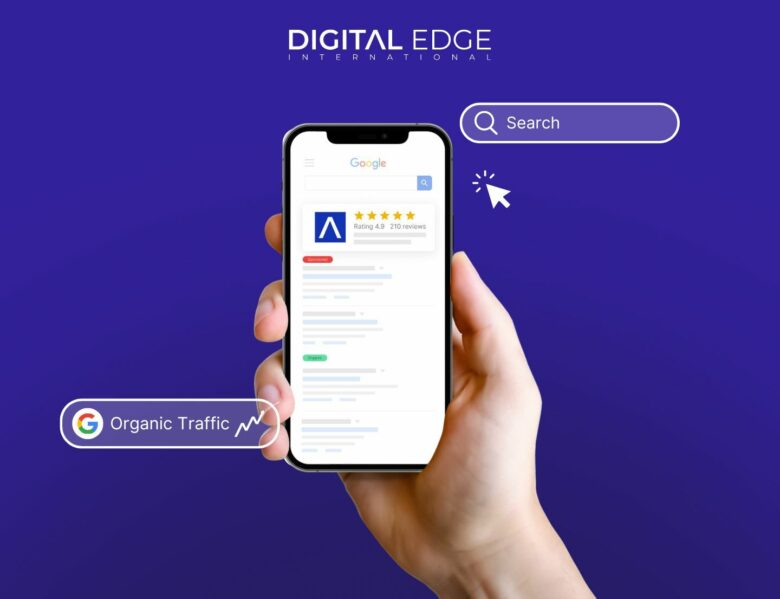If you’re looking to improve your SEO in Nashville, then it’s important to understand the critical role that user experience (UX) plays in achieving SEO success. A website that’s designed with a focus on UX not only improves the user’s overall experience, but it also signals to search engines that your website is a high-quality resource that’s worthy of ranking.
To help you make the most of UX in your SEO strategies, we’ll explore the key ways in which UX impacts SEO, and provide actionable tips for enhancing your website’s UX to boost your SEO performance.
Why UX Matters for SEO
Google’s algorithm has evolved significantly over the years, and today, it’s no longer enough to simply focus on optimizing your website’s keywords and metadata.
Instead, Google now prioritizes websites that provide the best possible user experience, as measured by various metrics such as bounce rate, time on site, and click-through rate.
Here are some of the ways in which UX impacts SEO:
- Lower Bounce Rates
When a user lands on your website, they’ll typically make a quick assessment of whether your site meets their needs. If your site’s design, navigation, or content isn’t up to scratch, then they’ll likely leave your site quickly, resulting in a high bounce rate.
However, if your site is designed to be user-friendly, with clear navigation and engaging content, then users are more likely to stay on your site for longer, resulting in a lower bounce rate.
- Increased Dwell Time
Dwell time refers to the length of time that a user spends on your website after clicking through from a search engine results page (SERP). If your website provides a positive user experience, then users are more likely to stick around for longer, exploring your content and engaging with your site.
- Higher Click-Through Rates
When your website appears in search engine results pages (SERPs), the title and meta description are the first elements that users see. Provided these are compelling and accurately reflect the content of your website, then users are more likely to click through to your site.
Tips for Enhancing Your Website’s UX for SEO Success
Now that we’ve explored the ways in which UX impacts SEO, let’s dive into some actionable tips for enhancing your website’s UX to boost your SEO performance.
- Prioritize Site Speed
Site speed is one of the most critical elements of UX, as users expect websites to load quickly and smoothly. To improve your site speed, consider reducing image file sizes, minimizing HTTP requests, and leveraging browser caching.
- Optimize for Mobile
Mobile devices now account for the majority of internet traffic, so it’s essential that your website is optimized for mobile users. Consider implementing responsive design, optimizing your images for mobile, and using mobile-friendly pop-ups and forms.
- Improve Navigation
Clear, intuitive navigation is critical for improving UX and reducing bounce rates. As a result, it’s critical that your website’s navigation is easy to use and logical, with a clear hierarchy and concise labels.
- Use Engaging Content
High-quality, engaging content is key to keeping users on your site for longer and improving dwell time. To ensure they’re spending more time on your site, use multimedia content such as images, videos, and infographics, and ensure that your content is well-written and informative.
- Test and Iterate
Finally, it’s essential to continually test and iterate on your website’s UX to ensure that it’s meeting the needs of your users. For this, try using A/B testing to compare different design elements or content formats, and use analytics tools to track user behavior and identify areas for improvement.
Make UX a Cornerstone of Your SEO Success
By implementing these tips and improving your website’s UX, you’ll not only enhance your SEO performance, but you’ll also provide a better experience for your users, which can help to increase engagement, conversions, and customer loyalty.
And the best part is that, our Digital Marketing Agency Nashville TN team at Digital Edge, we specialize in helping businesses optimize their websites for SEO and UX. Our team of experts can provide a comprehensive UX analysis of your website, identify areas for improvement, and implement the necessary changes to boost your SEO performance and enhance your users’ experience.
Contact us today to learn more about our UX and SEO services Nashville and how we can help your business succeed online.



